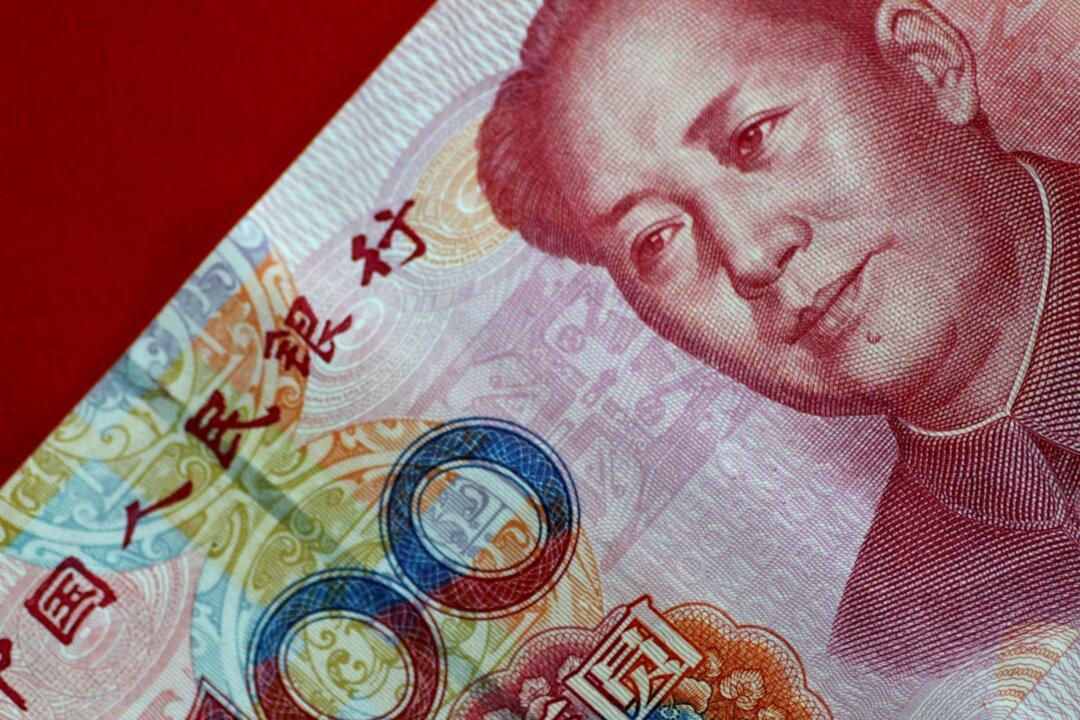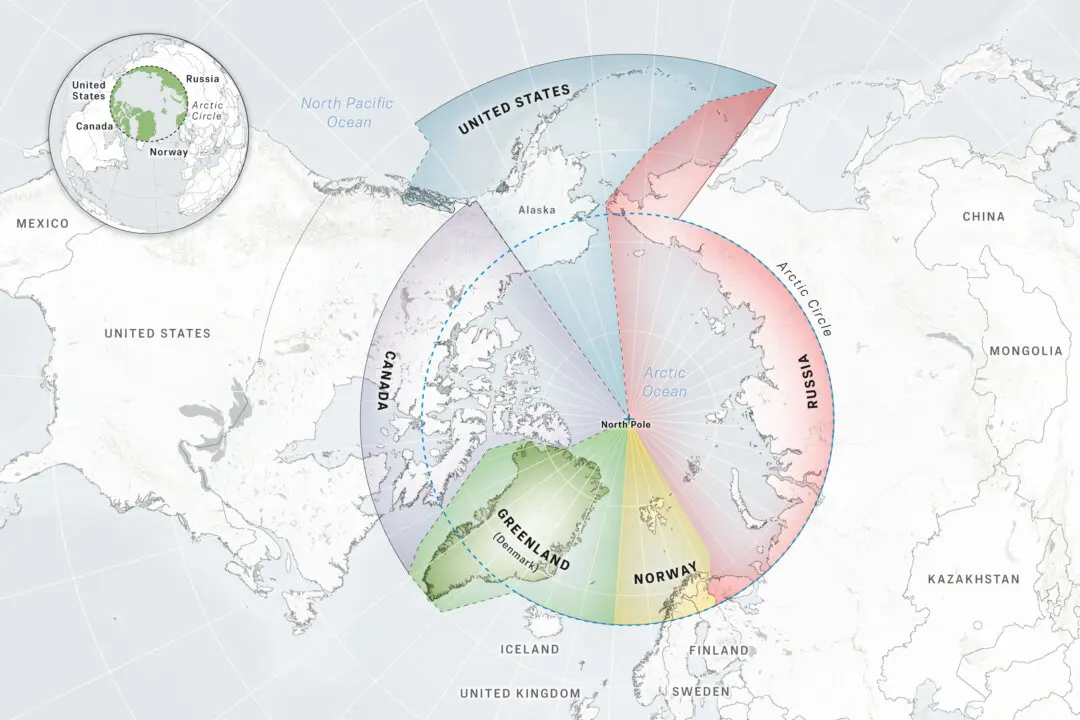The ongoing shortage of U.S. dollars in Argentina has reached a new milestone, and officials are taking drastic steps to refill depleted foreign currency coffers.
On June 29, Argentina’s Central Bank announced it would allow residents and businesses to hold accounts in China’s RMB yuan. The historic decision marks a departure from using solely the U.S. dollar as an official reserve currency.





